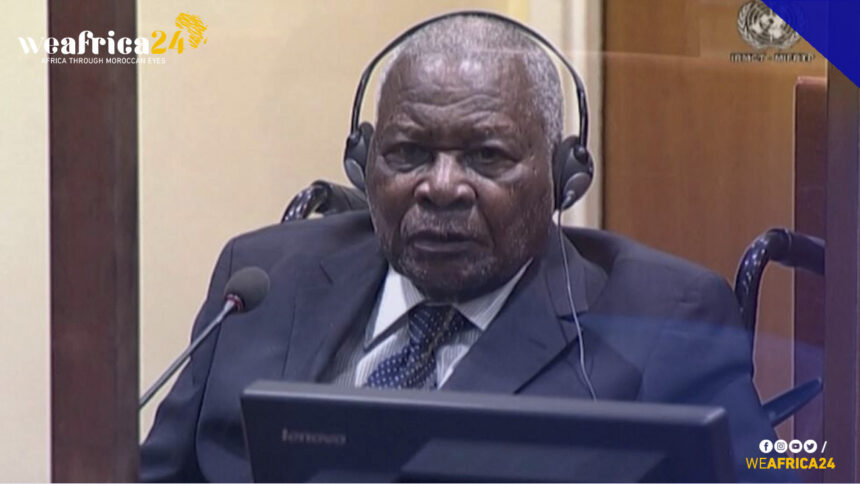In Rwanda, the association of victims of the 1994 genocide against the Tutsis, known as Ibuka, has expressed concerns following the temporary suspension of the trial of Félicien Kabuga in The Hague on account of health reasons. The Mechanism, which is responsible for the last cases of the International Criminal Tribunal for Rwanda, has decided to halt the hearings as of March 10, 2023, after a report by medical experts cast doubts on the defendant’s fitness to stand trial. Kabuga, a businessman who had been evading arrest for over 25 years, was apprehended in the Paris region in 2020 and stands accused of genocide and crimes against humanity.
“For us, it’s a surprise, because, with all the time it took to arrest Félicien Kabuga – it was almost 26-27 years – we thought it was going to be a priority to judge him, underlines the vice-president d’Ibuka, Louis de Montfort Mujyambere, at the microphone of Lucie Mouillaud. It is not logical to stop the trial because we know that the gentleman is aging. Delaying the trial further will make the situation worse because he is not getting any younger.”
He continues: “It would be better to try him quickly and to render fair and rapid justice to the survivors of the genocide. The end of this trial means that there is a risk that this gentleman will not be tried at all. […] We will use all our means to ensure that the trial continues. We will work with the prosecutor’s office to keep the trial going.”
A court order says medical experts will be heard from this week until March 29 to guide the court’s decision on “the future conduct of this trial”.







